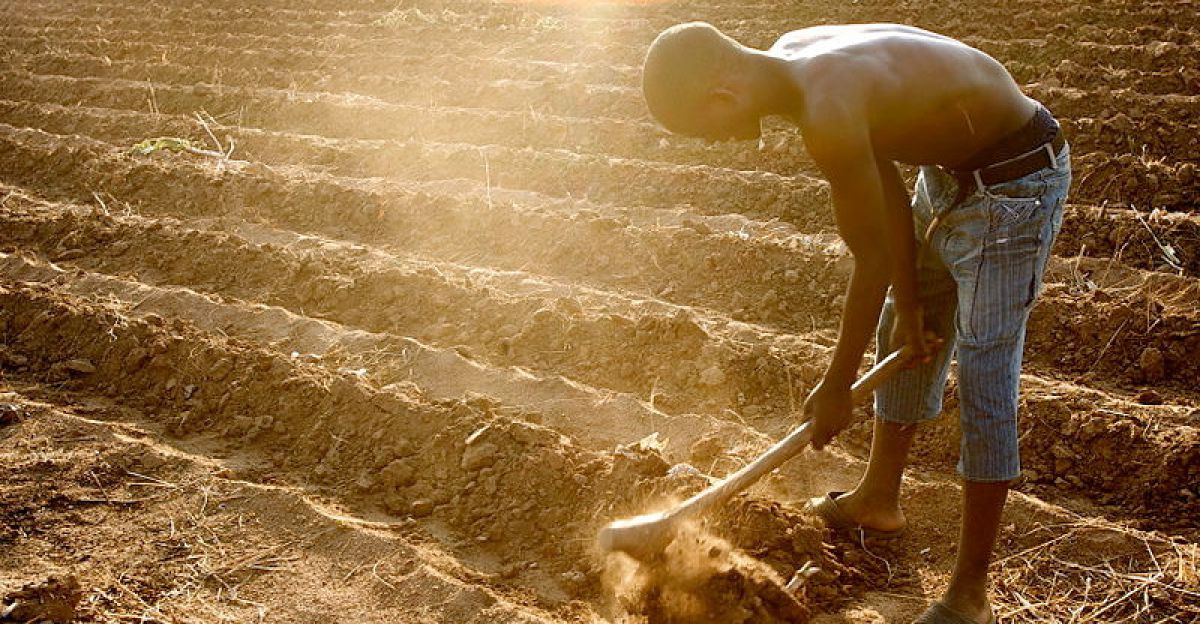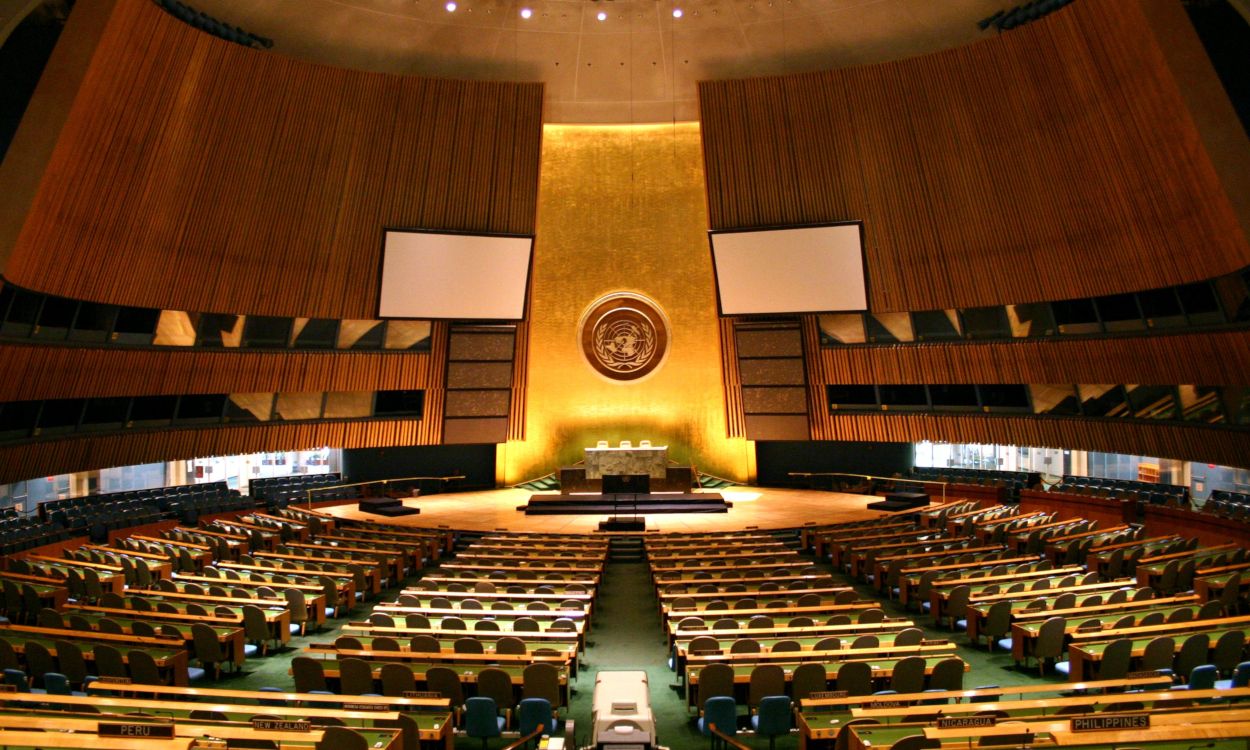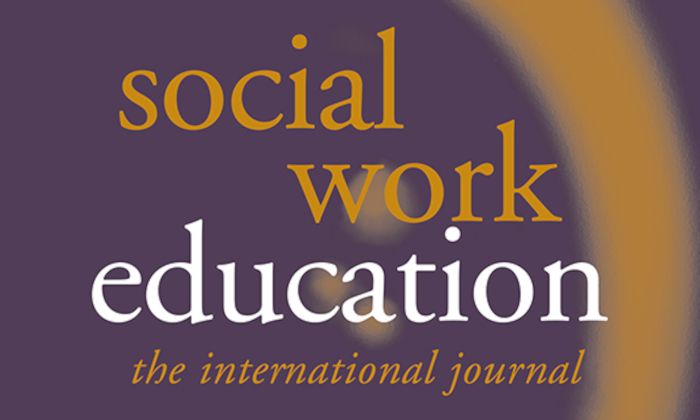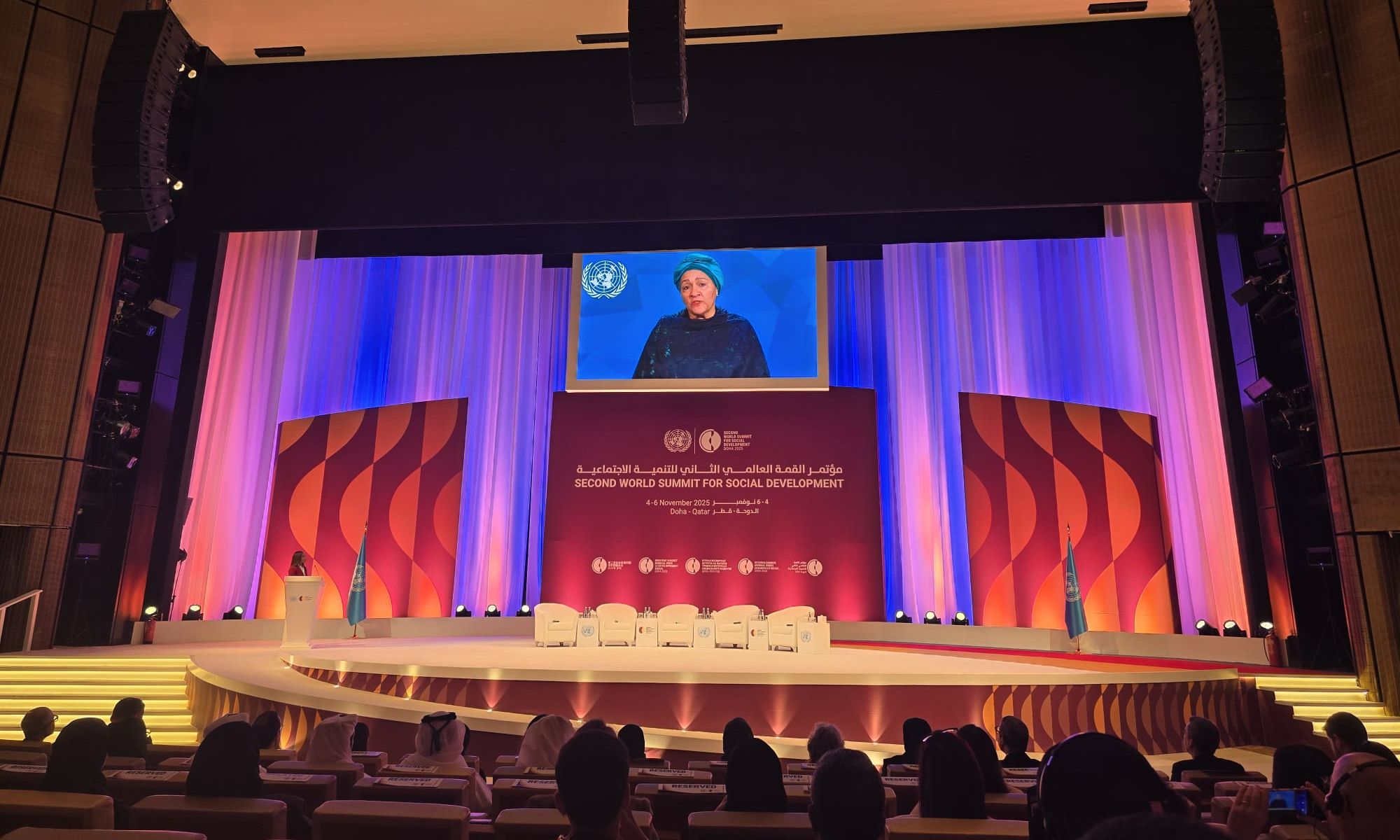A critical concern. Addressing food insecurity in Africa and child-sensitive social protection

 |
Dr Sergei Zelenev
|
Like many national governments, international agencies, and civil society organizations the ICSW views food and nutritional insecurity among people as detrimental to the goals of creating well-being and development for all, and such insecurity poses significant challenges to the achievement of the Sustainable Development Goals (SDGs).
The change of the ICSW leadership in November 2020 signified increased attention to aligning activities of the global office with those of the organization’s regions. Africa ranks high on the priority list. The three ICSW African regions have been consulted regarding the proposed priorities, and a consensus decision was made to organize, together with partners, the ICSW-sponsored broad-based international online conference in September 2021 to explore and debate new ways of addressing food insecurity and child-sensitive social protection in Africa, to highlight evidence and propose new policy approaches.
The projected outcome could bring an improved understanding of the whole spectrum of policy issues and trade-offs in the above context and could be used by the ICSW and its partners in their advocacy and policy advice. It reflects the renewed emphasis of the ICSW on agenda-setting and capacity-development issues and activities.
Focusing on the nexus between these two vital policy issues the organization is striving to address some of the key development priorities in the region, as well as to explore interlinkages pertinent for achieving the goals of Agenda 2030. It could also increase relevance and visibility of the ICSW in the region and beyond.
The COVID-19 crisis has triggered a significant loss of income for various population groups in most African countries and significantly diminished resources for development. The full impact of the COVID-19 pandemic is still unclear, but due to this global calamity, the nutritional status of the most vulnerable population groups is likely to worsen and their risk of falling deeper into poverty is likely to increase, adding millions of people to the ranks of the hungry and undernourished.1 In order to address the impact of COVID-19 on food security in the long term, Africa will need to build productive capacities to address underlying economic vulnerabilities and strengthen the region’s capabilities to better manage food, pandemic and/or health-related crises.2 The pandemic has exacerbated existing systemic weaknesses, and it has had both direct and indirect impacts on food security and economic well-being.
Various manifestations of child poverty and the increased threat of hunger and malnutrition call for a comprehensive review of policy responses in the light of the new circumstances, including better focused child-specific social-protection strategies. The vital role of social-protection schemes, both direct interventions such as cash transfers, and indirect interventions such as social pensions may have positive impacts on children, mitigating the impact of the COVID-19 shock and may result in improving the food security situation for this highly vulnerable population group. Developing and identifying best strategies and tools to deal with these crises aimed at supporting social-protection efforts in the region therefore remains a top priority.
Gaining a better understanding of the multidimensional nature of the challenge of food insecurity, especially its complex impact on children, can facilitate concerted actions and better targeting of interventions by national governments, international bodies and civil-society organizations. Several factors, such as rising food prices, the disruption of livelihoods through conflicts, climate change or economic policies, declining agriculture, the growth of informal economies, extreme poverty, inadequate opportunities for education and employment and the absence of affordable health-care, all contribute to the generation and deepening of food insecurity.
Poverty and hunger are closely connected. Inclusive economic growth, along with such factors as literacy, appropriate family policies, access to food, and women’s empowerment are important for fighting hunger. Not only the availability of food is important, but also availability at affordable prices.3 The chronic malnourishment of children appears to be a contributing cause of reduced infant and child survival rates. Inadequate access to food, including nutrients, insufficient maternal and child care, and the lack of essential health services represent key factors explaining child malnutrition, but adverse political, economic and cultural environments also play a role.4 In view of the above, child malnutrition requires a multidisciplinary approach.
Chronic hunger and food insecurity also imply the violation of human rights, given that food constitutes a basic social and economic right, enshrined in national constitutions and international covenants. More recently, ‘Zero Hunger’ has been adopted as a key sustainable development goal to be met by all nations over the coming decade, but the world is not on track to reach this goal by 2030 as was anticipated earlier.
The accurate measurement and tracking of food security, hunger and related indicators is important to measure progress and come up with policy adjustments. Equally important is the measurement of the sufficiency of dietary energy consumption relating to both children and adults.
Overcoming food insecurity is impossible without the active engagement and concerted action on the part of all key stakeholders, such as the state, the private sector and civil society. While public policy and action have an important impact on the extent and magnitude of hunger and food insecurity, effective state policies are also essential in promoting child-sensitive social protection. The role of other key partners and stakeholders has also been significant in both areas.
Government involvement and improved public institutional capacity are essential for strengthening food security through fighting poverty, promoting productive employment and policies aimed at reducing social exclusion and inequality, as well as reducing market volatility, better land management, agricultural rehabilitation, water governance and other security-enhancing measures.
Civil-society organizations (CSOs) can play an important role in moving the fight against poverty and food insecurity forward. The ICSW has a special interest in the analysis of their role and potential. Their focus on specific communities and issues gives them the in-depth knowledge and expertise needed to devise practical interventions. Their role in advocacy is also critical in changing existing approaches. The use of evidence is essential when advocacy strategies are conceptualized and implemented. CSOs are typically highly motivated when working together, particularly when joint advocacy activities is undertaken.
When the engagement of non-public stakeholders, such as civil society, and communities results in meaningful involvement in efforts to reduce food insecurity, the results are beneficial for society as a whole. This involvement might be partially effective in addressing the needs of socially exclude groups.
Issues:
The conference will address a range of specific issues in the context of food security and child-sensitive social protection in Africa and provide perspective on areas of particular importance. It will concentrate on the role of key stakeholders and their interaction, including programme design, policy and strategy development, and impact evaluations.
There are roughly two major sets of issues to address. First, conceptual and general issues pertinent to food insecurity in Africa, analysis of vulnerabilities, measures aimed at promoting inclusive growth, efforts aimed at strengthening cooperation with various stakeholders and strategies to improve capacity development. Second, national case studies that may illustrate changing approaches to the above issues, various dimensions of the existing situation and national best practices.
Some specific questions raised as pointers for contribution are as follows:
- What are the most effective policy responses at the national level to the existing risks of food insecurity?
- How could national policy formation and approaches to poverty and food insecurity be improved, taking into account a multidimensional perspective?
- What have national studies demonstrated regarding the existing trade-offs and synergies in the transition to sustainable food security?
- What are evidence-based policies in country-specific contexts regarding social vulnerabilities due to gender, disability, race and other attributes in the context of child-sensitive social protection?
- How could public institutional capacity be strengthened to overcome hunger and insecurity?
- What role do conditional and non-conditional cash transfer programmes play in improving child-sensitive social protection?
- What are the pros and cons of the school feeding programmes?
- How could the partnerships between various stakeholders be strengthened to address food insecurity?
- What are the best ways for building the capacity of civil-society organizations to improve their activities?
- What are the cross- cutting themes in the context of food security and child-sensitive social protection at the national level?
- What are the differences between addressing food insecurity in rural and urban contexts? Are children’s vulnerabilities different across these contexts?
- What are the policy recommendations on priority measures that could be addressed to key stakeholders and policy-makers?
In addressing the existing knowledge and policy gaps, the forthcoming online conference could play an important role in efforts to gain a more nuanced understanding of the existing challenges, different modalities and eventually, more effective policy outcomes aimed at reducing food insecurity and hunger and improving social protection schemes at the local level.
1. According to analysis carried out by Save the Children and UNICEF, child poverty is likely to have increased 15% due to COVID-19. Source: https://data.unicef.org/resources/impact-of-covid-19-on-multidimensional-child-poverty ↩
2. https://unctad.org/news/covid-19-threat-food-security-africa ↩
3. Shiladitya Chatterjee, Amitava Mukherjee and Raghbendra Jha. Approaches to combat hunger in Asia and the Pacific. ADB, 2010 ↩
4. Ibid ↩





